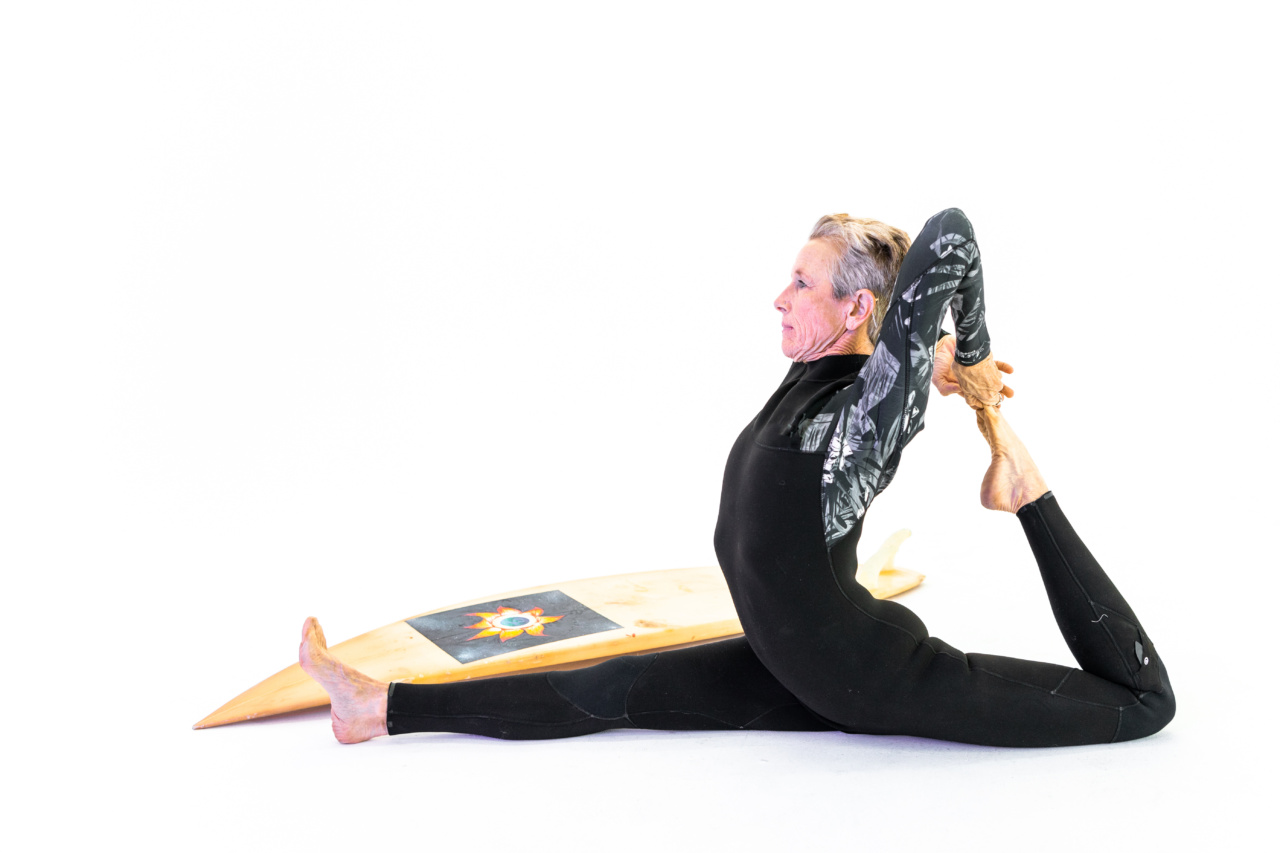Menopause is a natural process that marks the end of a woman’s reproductive years. Menopause can happen to women in their late 40s or early 50s and is associated with a range of symptoms due to hormonal changes in the body.
Common symptoms of menopause include hot flashes, night sweats, mood swings, vaginal dryness, weight gain, and insomnia. These symptoms can have a significant impact on a woman’s quality of life, but the good news is that diet and exercise can help alleviate these symptoms.
1. Incorporating Whole Foods into Your Diet
One of the best ways to manage menopause symptoms through diet is to incorporate whole foods into your meals. Whole foods are rich in vitamins, minerals, and fiber which can help the body maintain a healthy weight and manage hormonal imbalances.
Instead of relying on processed or packaged foods, opt for fresh fruits and vegetables, lean proteins, and whole grains. Cruciferous vegetables like broccoli, cauliflower, and cabbage are particularly beneficial for menopausal women as they contain compounds that can help balance hormones in the body.
2. Eating Phytoestrogen-Rich Foods
Phytoestrogens are natural compounds found in certain foods that mimic the effects of estrogen in the body. Menopausal women can benefit from eating phytoestrogen-rich foods as they can help alleviate symptoms like hot flashes and night sweats.
Some examples of phytoestrogen-rich foods include soy products like tofu and edamame, flaxseeds, sesame seeds, and lentils.
3. Staying Hydrated
Staying hydrated is important for overall health, but it can also help alleviate menopause symptoms. Women going through menopause may experience vaginal dryness, and drinking plenty of water can help keep the body hydrated and alleviate discomfort.
Additionally, drinking water can help reduce hot flashes and night sweats by regulating body temperature.
4. Avoiding Certain Foods and Beverages
While incorporating whole foods and phytoestrogen-rich foods can help alleviate menopause symptoms, it’s also important to avoid certain foods and beverages that can exacerbate symptoms.
Alcohol, caffeine, and spicy foods can all trigger hot flashes and night sweats, so it’s best to limit or avoid these altogether. Additionally, consuming excess sugar and saturated fats can lead to weight gain, which is a common symptom of menopause that can lead to other health complications like heart disease and diabetes.
5. Regular Exercise
Regular exercise is beneficial for overall health, but it can also help alleviate menopause symptoms. Exercise can help and maintain a healthy weight, reduce hot flashes and night sweats, and improve mood.
Exercise can also promote better sleep, which can be a challenge for menopausal women.
6. Yoga and Meditation
Yoga and meditation can also help alleviate menopause symptoms. Yoga can help reduce hot flashes, night sweats, and other symptoms by relaxing the nervous system and reducing stress levels.
Meditation can help reduce anxiety and improve mood, making it a great option for women going through menopause.
7. Strength Training
Strength training can be beneficial for menopausal women as it can help prevent muscle loss, which is common as women age. Strength training can also improve bone density, which can decrease during menopause and increase the risk of osteoporosis.
By building strength and increasing bone density, women can reduce their risk of falls and fractures.
8. Practicing Self-Care
Menopause can be a challenging time for women, both physically and emotionally. Practicing self-care can help alleviate symptoms and improve overall well-being.
Some self-care practices that may be beneficial for menopausal women include getting plenty of rest, taking time to relax and unwind, and engaging in activities that bring joy and fulfillment.
9. Seeking Support
Menopause can be a isolating experience for women, but seeking support can help alleviate some of the challenges associated with this life stage.
Joining a menopause support group or seeking counseling from a mental health professional can help women connect with others, gain perspective, and develop coping mechanisms to manage symptoms and emotional changes.
10. Conclusion
Menopause is a natural process that marks the end of a woman’s reproductive years.
While it can be challenging, incorporating healthy eating habits and regular exercise can help alleviate some of the physical and emotional changes associated with menopause. By taking care of oneself and seeking support when needed, women can make a smoother transition through this life stage.






























